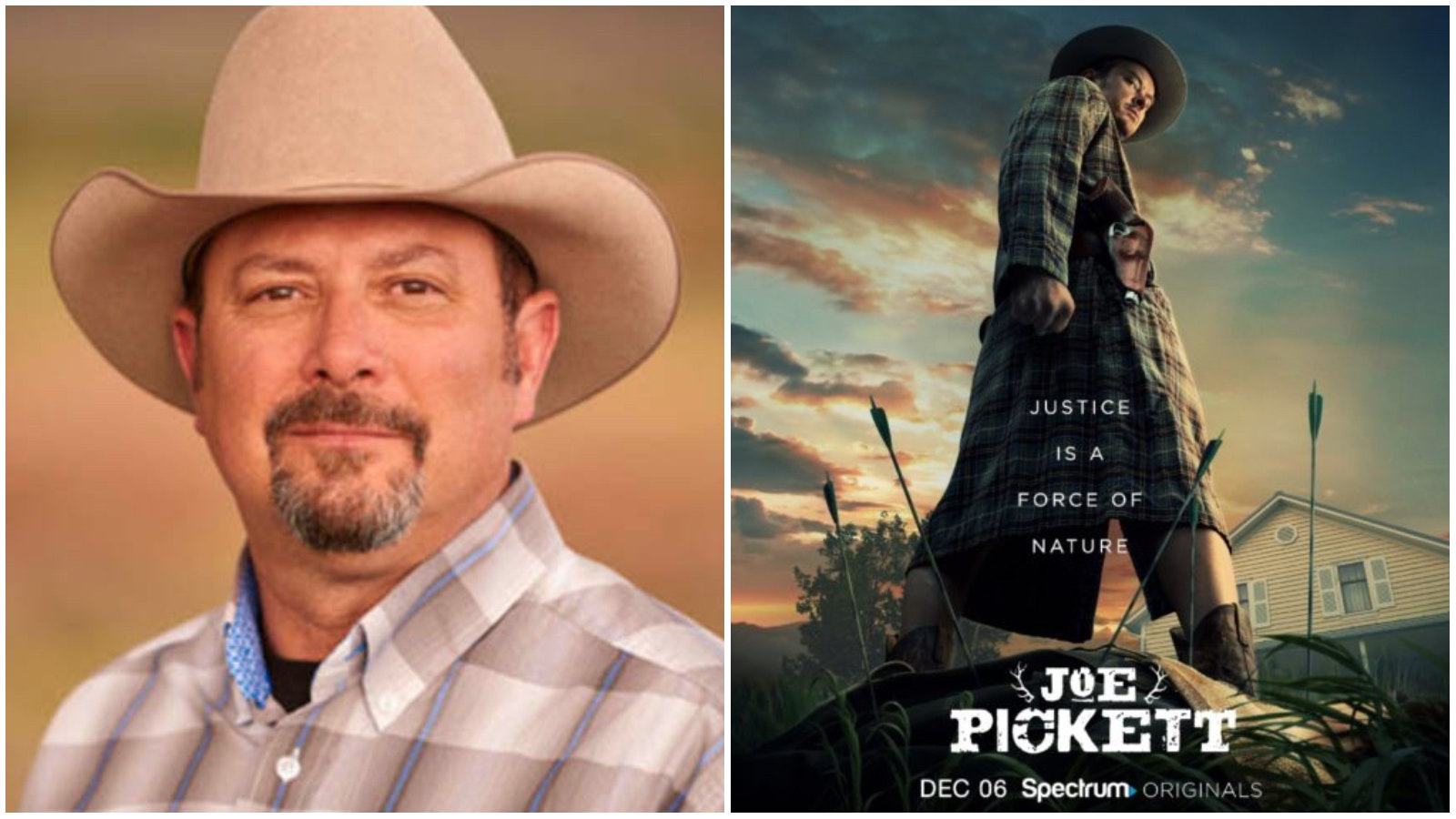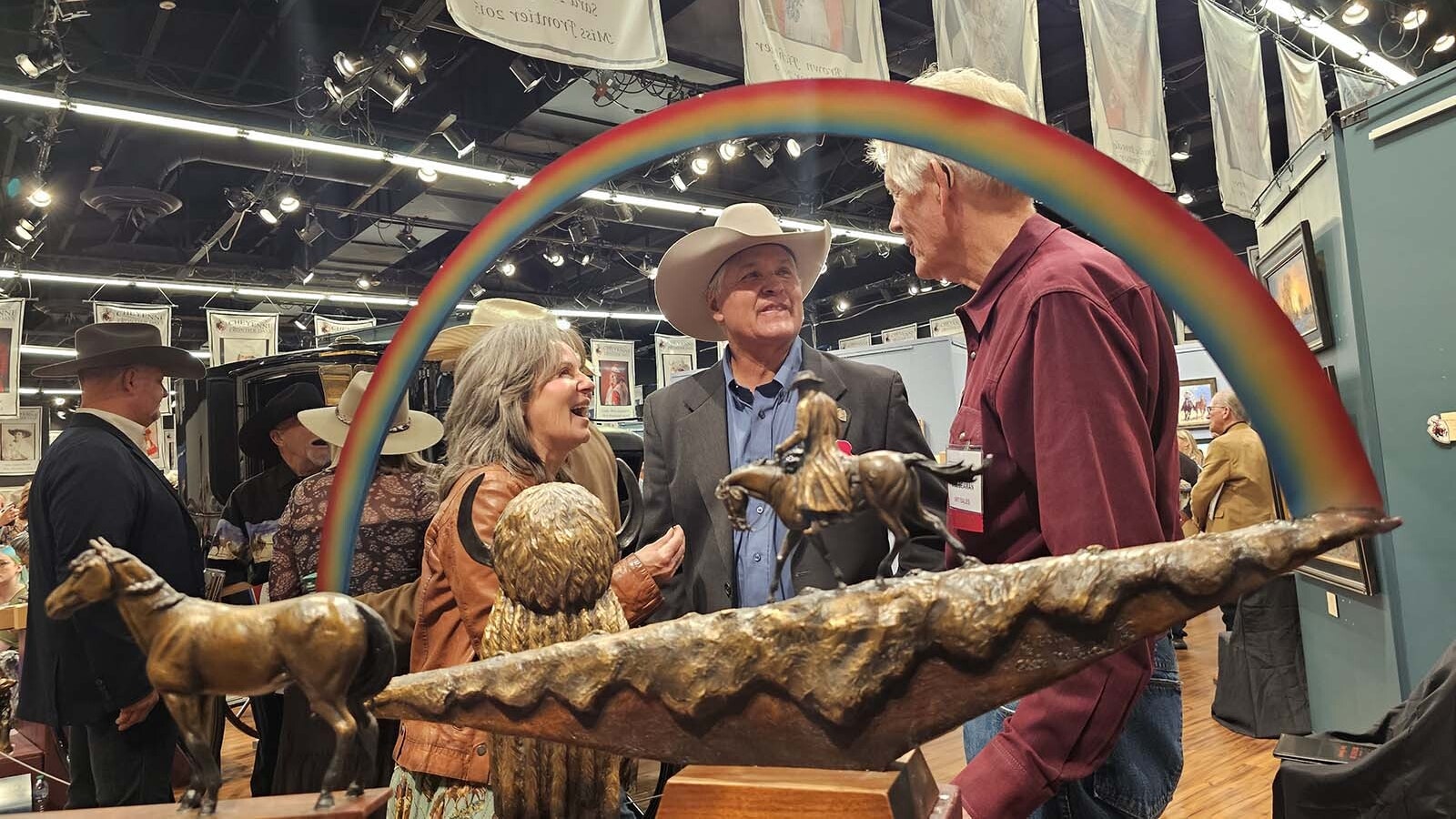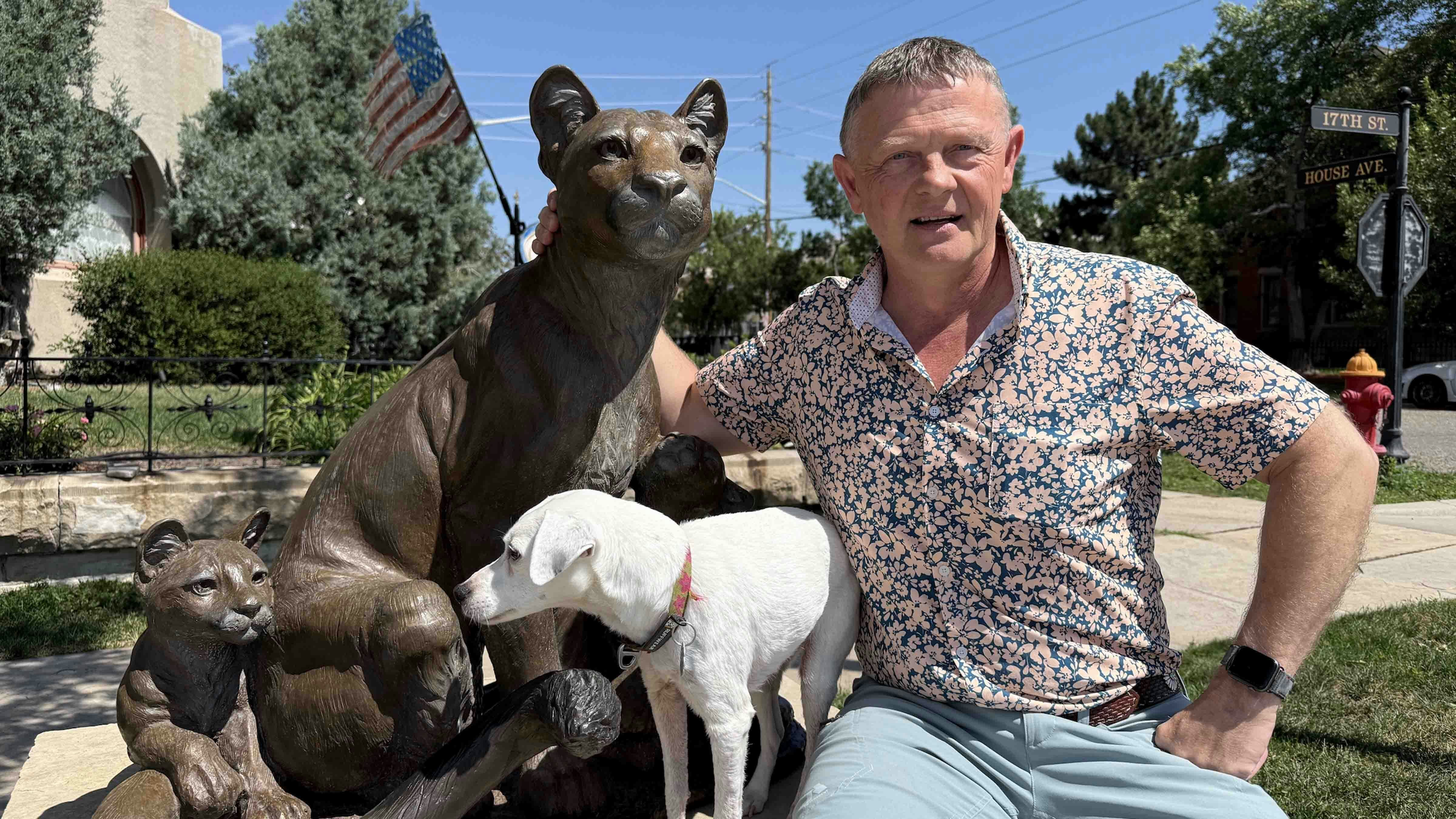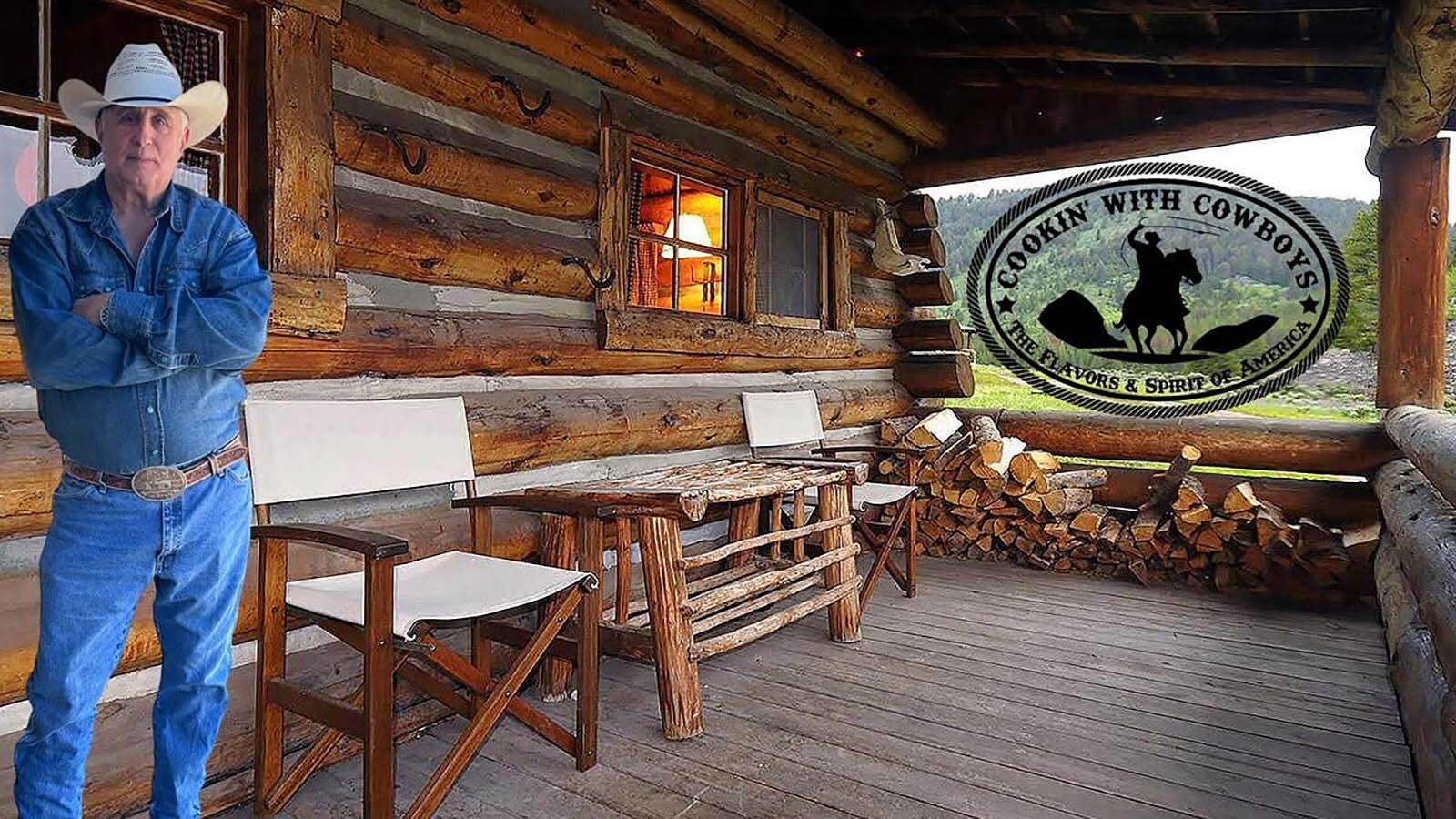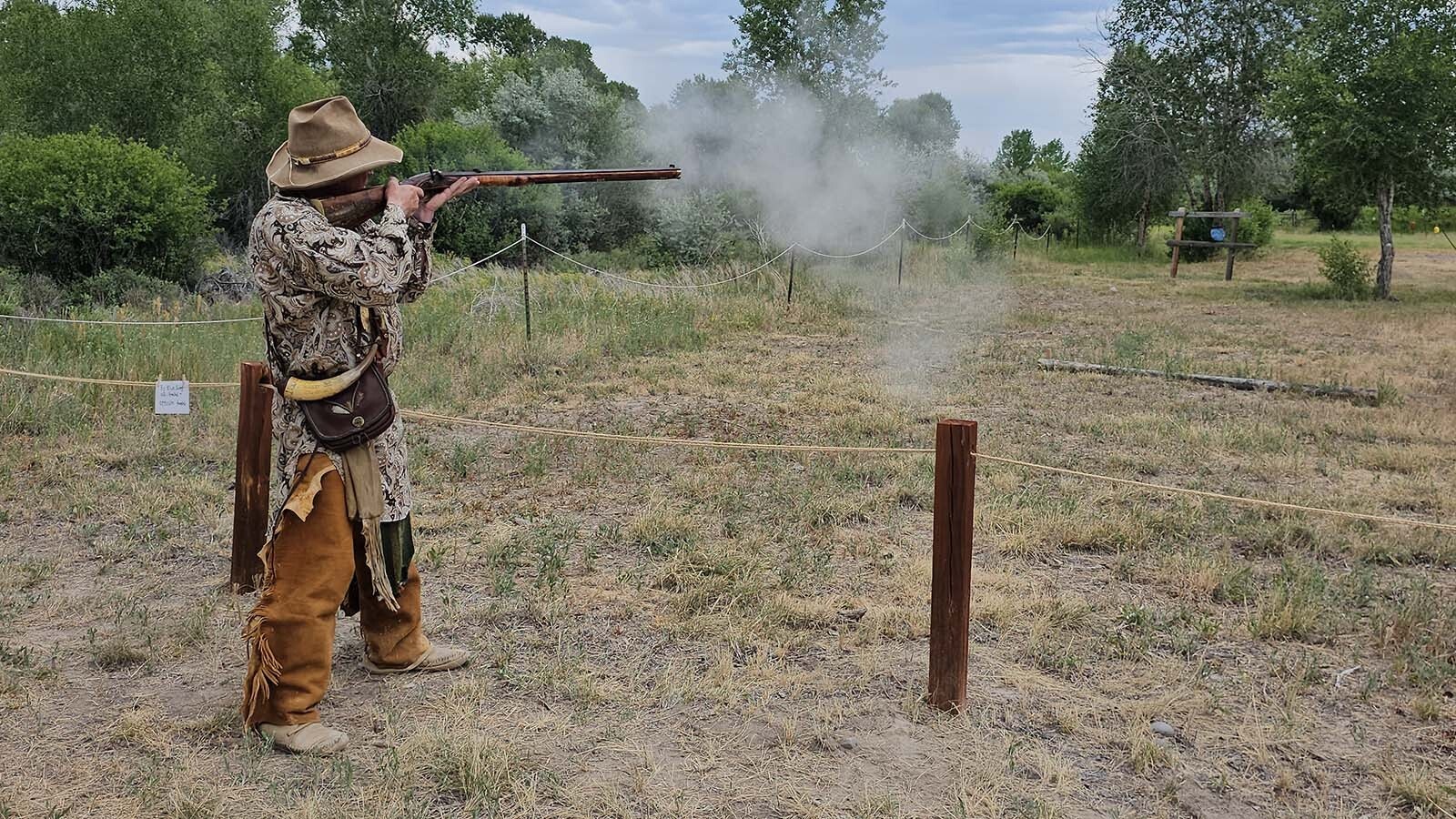The “Big Sky” and “Joe Pickett” television shows aren’t likely to get authentic Wyoming settings anytime soon.
The shows are based on novels by Cowboy State author C.J. Box, the The New York Times best-selling author who told lawmakers the state has missed out on millions of dollars by not having a film incentive program.
House Bill 92 would have created rebates for filmmakers who shoot their Wyoming storylines in the Cowboy State, but it died on the House Floor this week.
It was among a large number of bills that made it out of committee to the House floor, but weren’t considered in time for the crossover deadline. The bills are now out of time to advance to the Senate.
Missed Out On $90 Million
During testimony to the House Travel and Tourism Committee, Box, author of more than 30 novels including the popular “Big Sky” and “Joe Pickett” television series, told lawmakers that Wyoming missed a $90 million payday.
“Both of those productions looked to Wyoming first,” he said. “In both cases, they were turned away when they started to add up the numbers and realized Wyoming did not have an incentive program, and they quickly moved on.”
“Big Sky’s” on-the-ground budget is $27 million for each season, and “Joe Pickett’s” is $17.5 million. With both shows in their second seasons, that’s $89 million in economic impact that Wyoming left on the table.
That money is paid to skilled laborers, ranging from electricians and caterers to taxidermists, as well as rental accommodations, heavy equipment and more.
“None of those funds go to Hollywood actors,” Box added. “That comes from a separate budget.”
Where Are The Big Horns Anyway?
When Rep. Chris Western heard Box say that tourists have shown up in Canada to find the Big Horns because one of Box’s shows is produced there, the lawmaker said that had his “tinsel in a tangle.”
The northern tip of the Big Horns ends in Montana, well before reaching Canada.
Sean Higgins with Storyhouse Pictures in Sheridan told Cowboy State Daily he couldn’t agree more with that sentiment, and it’s a big reason he’s disappointed the film incentives bill didn’t advance.
“That’s kind of how I feel when these iconic American stories go out of country to film, like ‘Billy the Kid,’” he said. “I can’t imagine that wonderful American storyline is not being filmed in America.”
Billy the Kid and the Young Guns were among the biggest bandits in the history of the American West, Higgins said. While they aren’t a Wyoming-centric storyline, there are many other movies getting filmed in foreign countries that are.
“’Joe Pickett’ is certainly a Wyoming storyline,” Higgins said. “‘Longmire’ is a Wyoming story line. ‘The Last of Us’ is a Wyoming storyline. All of those things are shooting outside of Wyoming.”
Hollywood Bashing
Neither Higgins nor Kelly Eastes, who runs the film office in Casper, are certain about what sank the bill.
Coming out of committee, there was only one “no” vote. A couple of lawmakers had even voted for the bill who voted against it during the interim.
Negativity toward Hollywood could have played a role, however. Rep. John Winter, R-Thermopolis, for example, said during committee that Hollywood values are often not Wyoming values.
However, he voted for the bill after it was explained that a committee would have veto power on spending rebate money for storylines that don’t show Wyoming in a good light.
While both Eastes and Higgins both felt more education could be the key there, they also felt people in general could have the wrong impression about how things play out with the film industry.
A filming crew from Hollywood typically wouldn’t relocate to the Cowboy State to live, Eastes said, recalling how it worked when “Starship Troopers” was filmed just outside of Casper.
“They dropped $4.3 million in direct spend in the community during their shoot, and then they all went away,” he said. “They came out, they spent their money, they made everybody pretty happy, and then they went away.”
Wyoming job creation is really what was at the core of the film incentives bill, as well as economic diversity, Eastes said.
Higgins, meanwhile, believes there’s a certain moral imperative as well.
“We have a responsibility to preserve the moral integrity of the American West through storytelling for future generations,” he said.
Wyoming can’t play any significant role in that if it can’t get a seat at the table because it lacks a film incentive.
“Stories are our culture,” Higgins said. “Stories and moral knowledge to me are the foundational currency of human kind. If steel is the framework of cities and bridges, then stories are the framework of the mind.”
Try, Try, Again
Eastes is not giving up, even though this is now the second time a film incentives bill has failed.
“I don’t know exactly what (lawmakers’) negativity was toward it,” he said. “When we came out of the committee, the committee only had one negative vote, so I felt pretty positive about the whole thing in general.”
Eastes said he’ll look into what happened to sink the bill before deciding what exactly to do next, but giving up is not on the table.
“There’s too many missed opportunities,” he said. “We’d like to get some of those opportunities so our citizens and our businesses can get the income from it.”
The other missed opportunity, Eastes said, is the fact the finished product becomes free advertising for the state.
“And it goes on forever,” Eastes said. “‘The Hellfighters’ with John Wayne was shot right outside of Casper a long time ago.”

